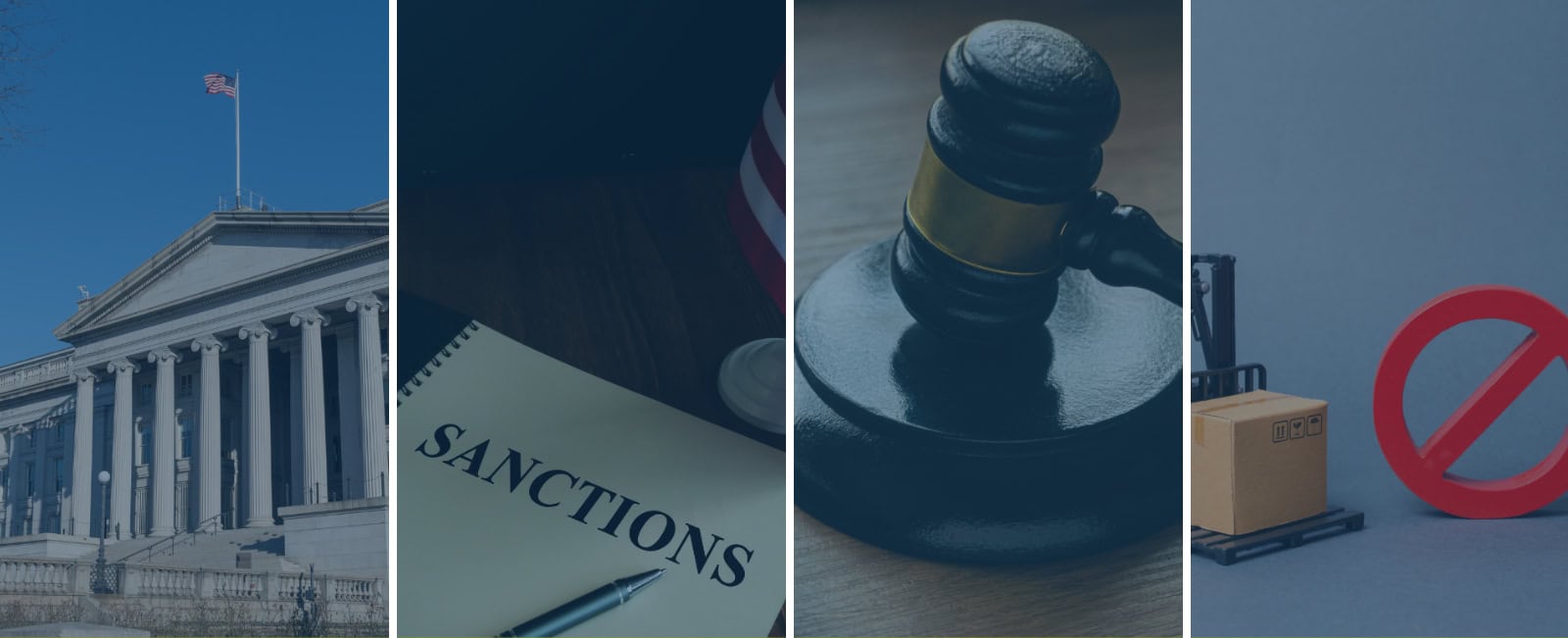The changes described in this proposed rule and in the State Department’s companion proposed rule on Categories I, II, and III of the USML are based on a review of those categories by the Department of Defense, which worked with the Departments of State and Commerce in preparing the amendments. The review was focused on identifying the types of articles that are now controlled on the USML that are either (i) inherently military and otherwise warrant control on the USML or (ii) if of a type common to non-military firearms applications, possess parameters or characteristics that provide a critical military or intelligence advantage to the United States, and are almost exclusively available from the United States. If an article satisfies one or both of those criteria, the article remains on the USML. If an article does not satisfy either criterion, it has been identified in the new Export Control Classification Numbers (ECCNs) included in this proposed rule. Thus, the scope of the items described in this proposed rule is essentially commercial items widely available in retail outlets and less sensitive military items.
POSSIBLE MODIFICATIONS TO U.S. GENERALIZED SYSTEM OF PREFERENCES
U.S. Trade Representative has requested USITC, an independent, nonpartisan, fact-finding federal agency for advice on possible modifications to the Generalized System of Preferences. They will provide advice on:
- the probable economic effect on U.S. imports, on U.S. industries producing like or directly competitive articles, and on U.S. consumers
- of the addition/removal of the certain Harmonized Tariff Schedule (HTS) subheadings to the list of GSP-eligible products.
- of the denial of a de minimis competitive need limitation waiver for one article from a GSP beneficiary country
- of the redesignation for certain countries for certain HTS subheadings
- of the redesignation of an article for one country
- On whether any industry in the United States is likely to be adversely affected by competitive need limitation waivers for certain countries and advice as to the probable economic effect on total U.S. imports, as well as on consumers, of the requested waivers.
U.S. DEPARTMENT OF COMMERCE INITIATES SECTION 232 INVESTIGATION INTO AUTO IMPORTS
The investigation will determine whether imports of automobiles, including SUVs, vans and light trucks, and automotive parts into the United States threaten to impair the national security as defined in Section 232 of the Trade Expansion Act of 1962, as amended.
During the past 20 years, imports of passenger vehicles have grown from 32% of cars sold in the United States to 48%. From 1990 to 2017, employment in motor vehicle production declined by 22%, even though Americans are continuing to purchase automobiles at record levels. Now, American owned vehicle manufacturers in the United States account for only 20% of global research and development in the automobile sector, and American auto part manufacturers account for only 7% in that industry.
This investigation will consider whether the decline of domestic automobile and automotive parts production threatens to weaken the internal economy of the United States, including by potentially reducing research, development, and jobs for skilled workers in connected vehicle systems, autonomous vehicles, fuel cells, electric motors and storage, advanced manufacturing processes, and other cutting-edge technologies.
TARIFFS ON STEEL AND ALUMINUM IMPORTS FROM ARGENTINA, AUSTRALIA AND BRAZIL
The United States has agreed on a range of measures with Argentina, Australia, and Brazil, including measures to reduce excess steel/aluminum production and excess steel/aluminum capacity, measures that will contribute to increased capacity utilization in the United States, and measures to prevent the transshipment of steel articles and avoid import surges. In the Presidents judgment, these measures will provide effective, long-term alternative means to address these countries’ contribution to the threatened impairment to national security by restraining steel/ aluminum articles exports to the United States from each of them, limiting transshipment and surges, and discouraging excess steel/aluminum capacity and excess steel/aluminum production. In light of these agreements, he determined that steel articles imports from these countries will no longer threaten to impair the national security and thus have decided to exclude these countries from the tariff proclaimed in Proclamation 9705, as amended.
As a result, the Presidential Proclamations provide that Imports of steel from Argentina, Australia, and Brazil will not be subject to the tariff of 25% and Imports of aluminum from Argentina and Australia will not be subject to the tariff of 10%. The proclamations further indicate that the tariffs on imports of steel and aluminum will remain for imports from other countries.
CASE STUDIES
$145,893 OFAC SETTLEMENT AGREEMENT WITH ERICSSON FOR VIOLATING THE SUDANESE SANCTIONS REGULATIONS
Facts:
Employees of the Ericsson, Inc. (“EUS”) of Plano, Texas and Ericsson, AB (“EAB”) of Stockholm, Sweden were conspiring together and with employees of a third company to export and reexport a satellite hub from the United States to Sudan and to export and reexport satellite-related services from the United States to Sudan in violation of Sudanese Sanctions Regulations, 31 C.F.R. Part 538 (SSR).
Conclusion:
OFAC determined that even though the companies voluntarily self-disclosed the apparent violation, the apparent violation constitutes an egregious case. OFAC announced a $145,893 settlement agreement with EUS and EAB for their potential civil liability for an apparent violation of the SSR § 532.211.
BIS SETTLEMENT AGREEMENT WITH MERIT AEROSPACE, INC., AND YANHONG ZHOU FOR EAR VIOLATIONS
Facts:
On or about November 7, 2012, Merit Aerospace misrepresented and concealed that it was exporting from the United States aircraft parts to one customer (“Customer A”), after it had prepared false shipping documents that indicated the export was for a different customer (“Customer B”) and declared the value of the aircraft parts, which are items subject to the EAR and designated EAR99, to be significantly below the true value of the shipment. Merit Aerospace did so after it had been notified by BIS’s Office of Export Enforcement (“OEE”) that a prior shipment of aircraft parts from Merit Aerospace to Customer A had been detained for further investigation and while Merit Aerospace was in ongoing discussions with OEE about its export business with Customer A. On November 7, 2012, in order to replace some of the aircraft parts for Customer A that had been detained by OEE, Merit Aerospace arranged to ship the replacement parts to Customer A by exporting them initially to Customer B, and then arranging for delivery to Customer A in China. In connection with this November 7, 2012 export, Zhou submitted to the U.S. Government, through a freight forwarding company, electronic export information (“EEI”) that falsely identified the ultimate consignee of the exported goods. Merit Aerospace deliberately did not inform OEE of this export during a meeting OEE had with Merit Aerospace on or about November 8, 2012, which concealment was material to the investigation and the activities subject to the EAR.
Conclusion:
BIS announced that Merit Aerospace, Inc., and Yanhong Zhou a/k/a Joe Zhou, to pay jointly and severally a civil penalty of $221,000 (in two installments of $20,000 and the remaining $181,000 suspended for four years and thereafter waived if Merit and Zhou have complied with all terms of their Settlement Agreement and have committed no further violations), to complete two audits of Merit’s export controls compliance program, and to have their export privileges suspended for four years (which suspension shall not take effect for four years and thereafter be waived if Merit and Zhou have complied with all terms of their Settlement Agreement and have committed no further violations) to settle charges that they committed one violation of EAR § 764.2(g)(Misrepresentation and concealment of facts).
$1.4 BILLION ZTE SETTLEMENT: ZTE BOARD, MANAGEMENT CHANGES AND STRICTEST BIS COMPLIANCE REQUIREMENTS
ZTE has agreed to severe additional penalties and compliance measures to replace the U.S. Commerce Department’s Bureau of Industry and Security (BIS) denial order imposed as a result of ZTE’s violations of its March 2017 settlement agreement. Under the new agreement, ZTE must pay $1 billion and place an additional $400 million in suspended penalty money in escrow before BIS will remove ZTE from the Denied Persons List. These penalties are in addition to the $892 million in penalties ZTE has already paid to the U.S government under the March 2017 settlement agreement
ZTE will also be required by the new agreement to retain a team of special compliance coordinators selected by and answerable to BIS for a period of 10 years. Their function will be to monitor on a real-time basis ZTE’s compliance with U.S. export control laws. This is the first time BIS has achieved such stringent compliance measures in any case. ZTE is also required under the new agreement to replace the entire board of directors and senior leadership for both entities. Finally, the new agreement once again imposes a denial order that is suspended, this time for 10 years, which BIS can activate in the event of additional violations during the ten-year probationary period. These collectively are the most severe penalty BIS has ever imposed on a company.


